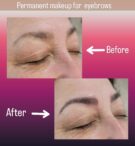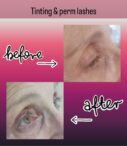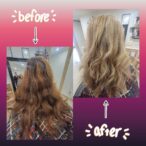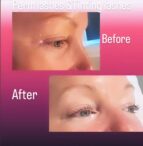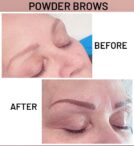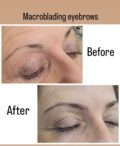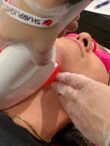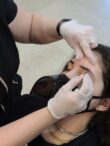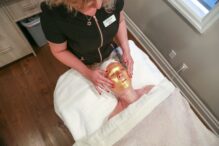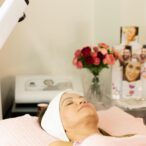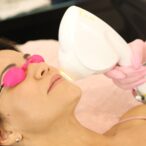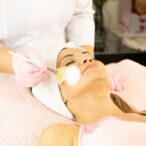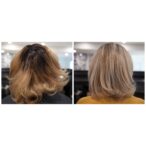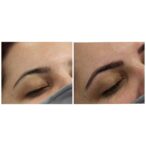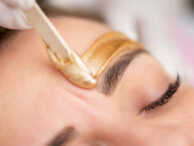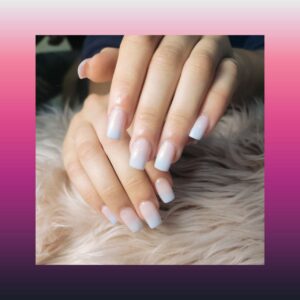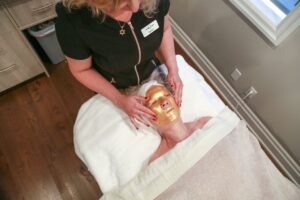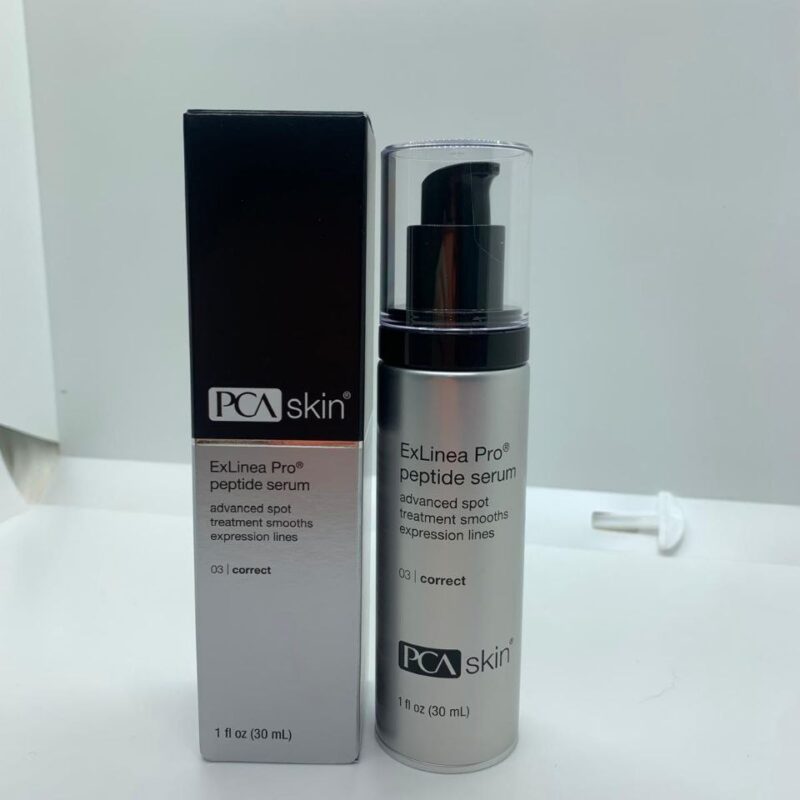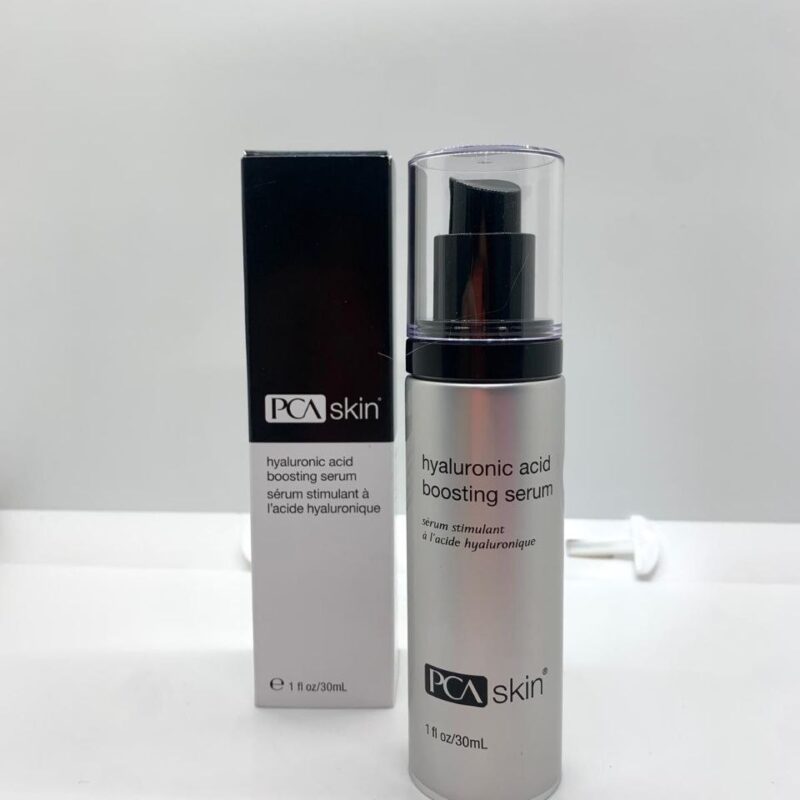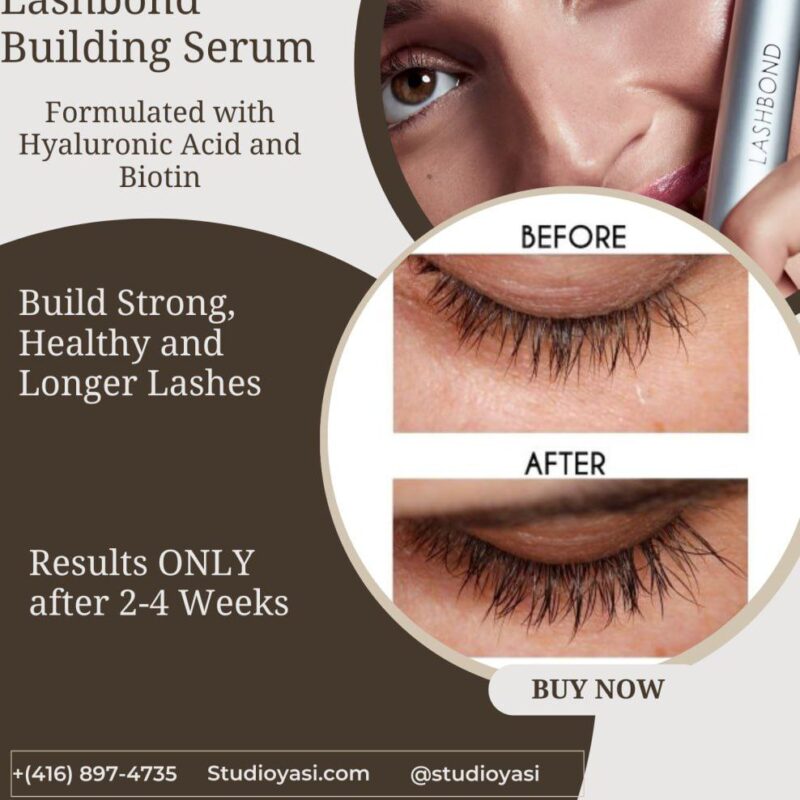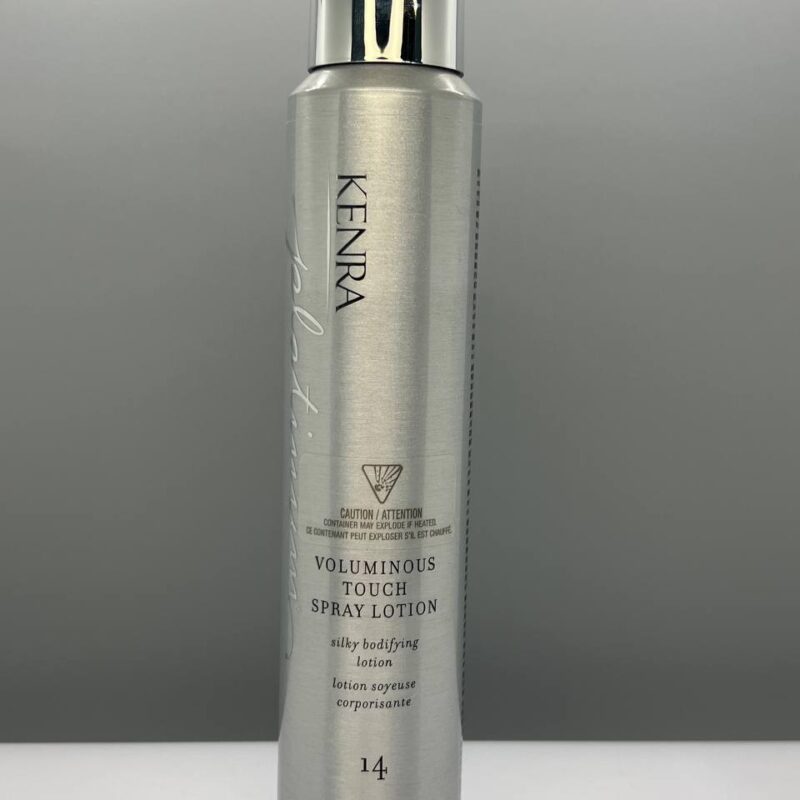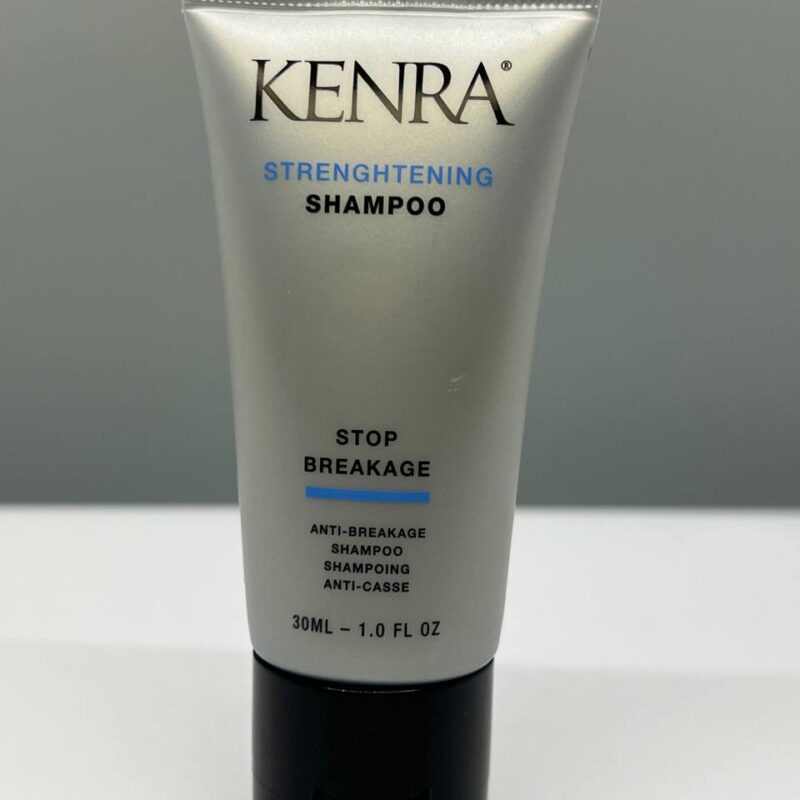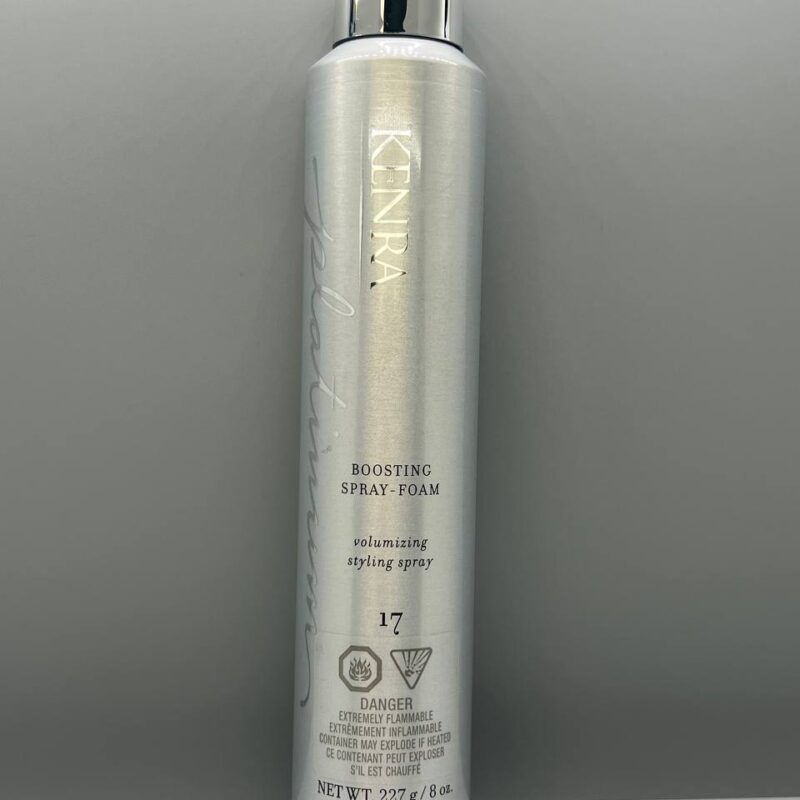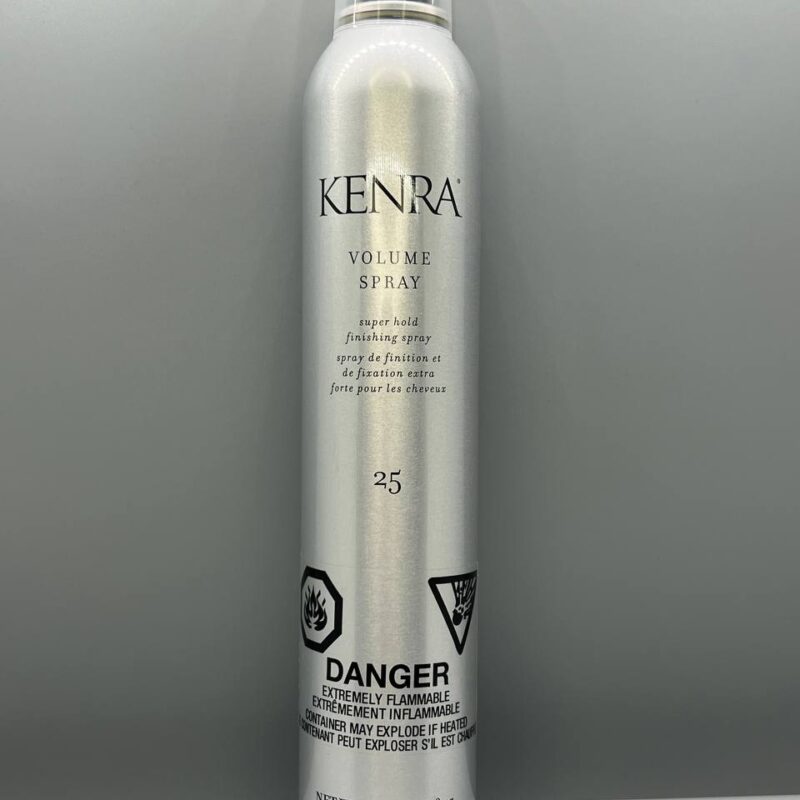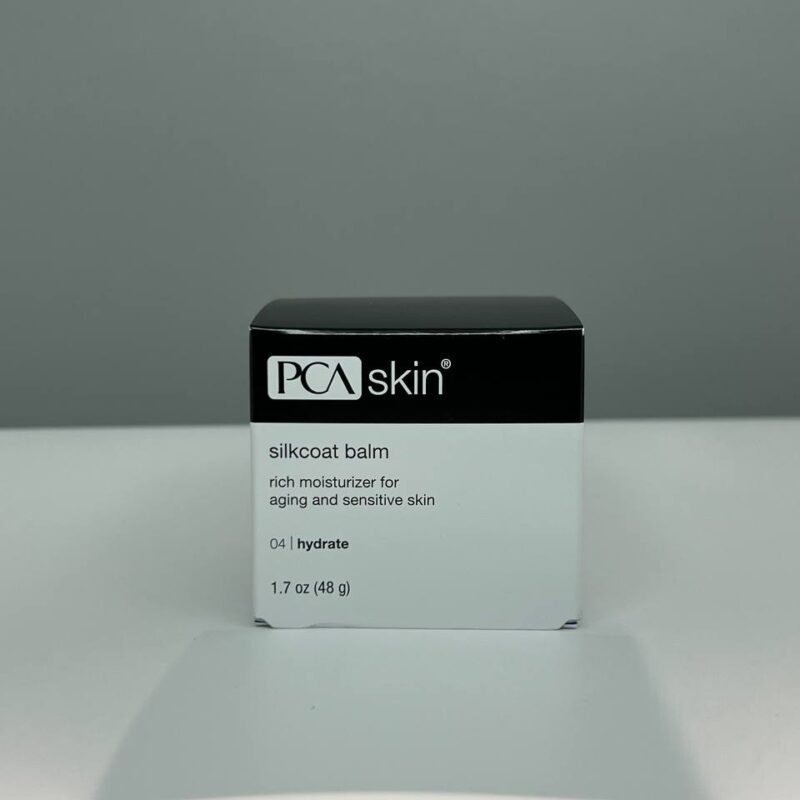Keeping your skin hydrated is essential for maintaining a healthy and radiant complexion. Skin dryness occurs when the outermost layer of the skin, known as the epidermis, lacks sufficient moisture. Weather conditions, hot showers, harsh soaps, and certain skincare products can contribute to this condition.
Adopting a skincare routine that focuses on hydration is crucial to avoid skin dryness. This includes using a mild, moisturizing cleanser to cleanse your skin without stripping away natural oils. Additionally, incorporating a hydrating moisturizer into your daily routine helps lock in moisture and creates a protective barrier. In the rest of this article, stay with us from Yasi Studio’s blog to learn more about how to avoid skin dryness.
Best ways to avoid skin dryness
Avoiding dry skin is essential for maintaining healthy, radiant skin. Here’s a breakdown of the best ways to prevent dry skin:
1. Use a humidifier
Using a humidifier effectively prevents and treats dry skin, especially during the dry winter. Dry air can strip away moisture from your skin, making it feel tight, itchy, and flaky. A humidifier adds moisture to the air, helping your skin retain its natural moisture balance. Here are some tips for using a humidifier effectively to prevent dry skin:

- Choose the correct type of humidifier: There are two main types of humidifiers: evaporative and ultrasonic. Evaporative humidifiers pass water over a wick, evaporating and releasing moisture into the air. Ultrasonic humidifiers use a vibration to break up water into tiny droplets, which create a cool mist. An evaporative humidifier is generally recommended for dry skin, as it produces a more humidifying mist.
- Place the humidifier in a central location: The ideal location is in your home, where it can efficiently distribute moisture throughout the room. Avoid placing it near electronics or furniture, as the humidity can damage them.
- Use distilled water: Tap water can contain minerals that can build up inside the humidifier, leading to mold and mildew growth. It is best to use distilled water or filtered water in your humidifier.
- Clean the humidifier regularly: To prevent the growth of mold and mildew, clean your humidifier according to the manufacturer’s instructions. This typically involves rinsing and disinfecting the tank and changing the filter regularly.
- Monitor the humidity level: The ideal humidity level for preventing dry skin is 30-50%. You can use a hygrometer to monitor the humidity level in your home. If the humidity level is too low, run the humidifier for a few hours each day.
- Consider using a cool mist humidifier: A cool mist humidifier is less likely to irritate a warm mist humidifier. You should opt for a cool mist humidifier if you have sensitive skin.
- Consult with your doctor: If your dry skin is severe or does not improve with home treatment, consult your doctor. They may recommend additional treatment options, such as prescription moisturizers or medicated creams.
By following these tips, you can effectively use a humidifier to prevent and treat dry skin and enjoy healthy, hydrated skin all year round.
What is eyebrow threading | best eyebrow threading in Bradford
2. Moisturize
Moisturizing is one of the best ways to prevent and treat dry skin. Moisturizers help to replenish lost moisture and keep your skin hydrated. Many different types of moisturizers are available, so choosing one that is right for your skin type is essential. For oily skin, a lightweight lotion or gel moisturizer is typically recommended. A heavier ointment or cream moisturizer is often better for dry or sensitive skin.

3. Drink more water
Staying hydrated is essential for overall health, including skin health. Water helps keep your skin cells plump and hydrated, reducing the appearance of dryness and wrinkles. Aim to drink eight glasses of water per day. Here are some tips for staying hydrated:
- Carry a reusable water bottle with you and sip throughout the day.
- Add fruit or herbs to your water for flavor.
- Drink water before, during, and after meals.
- Avoid sugary drinks and alcoholic beverages, which can dehydrate you.
- You may need to drink more water if you sweat a lot, such as during exercise or in hot weather.
- Pay attention to your body’s cues. If you feel thirsty, it’s already a sign of dehydration.

Laser Hair Removal vs. Electrolysis | Which is better and differences?
4. Exfoliate frequently
Exfoliation is removing dead skin cells from the skin’s surface. This can help improve the skin’s appearance by making it smoother, brighter, and more even in tone. Exfoliation can also help to reduce the appearance of wrinkles and fine lines. Here are some of the benefits of exfoliating your skin:
- Removes dead skin cells
- Helps to improve skin texture
- Promotes cell turnover
- Reduces the appearance of wrinkles and fine lines
- Helps to brighten the skin
- Clears up blemishes
- Helps to prevent ingrown hairs
- It makes makeup go on smoother
10 simple tips to take care of dry hair
However, it is essential to exfoliate your skin gently and regularly. Exfoliating too often can irritate your skin and make it more prone to dryness and redness.
Introducing 10 of Summer 2024’s Hairstyle Trends
electrolysis vs laser hair removal
5. Modify your shower
Hot showers can strip away your skin’s natural oils, making it dry, itchy, and irritated. Here are some tips for modifying your shower to prevent dry skin:
- Take shorter showers: Shorten your showers to 5-10 minutes.
- Use lukewarm water: Avoid hot water, which can dry your skin. Lukewarm water is much gentler on your skin and will help to keep it hydrated.
- Use a gentle cleanser: Choose a gentle cleanser free of harsh chemicals like sulfates and parabens. These chemicals can strip away your skin’s natural oils and make it more prone to dryness.
- Don’t overuse soap: Don’t lather up all over your body. Only wash the areas that need it, such as your armpits, groin, and feet.
- Rinse off quickly: Don’t soak in the shower. Rinse off quickly to avoid stripping away your skin’s natural oils.
- Pat your skin dry: Don’t rub your skin dry with a towel. This can irritate your skin and make it more likely to dry out. Instead, pat your skin dry gently with a soft towel.
- Moisturize immediately: After you get out of the shower, apply a moisturizer to your skin while it is still damp. This will help to lock in moisture and keep your skin hydrated.
- Choose a fragrance-free moisturizer: Fragrances can irritate sensitive skin. Choose a fragrance-free moisturizer to avoid this.
- Look for moisturizers with humectants: Humectants attract moisture to the skin. Some common humectants include hyaluronic acid, glycerin, and aloe vera.
- Avoid harsh ingredients: Harsh ingredients, such as alcohol and fragrances, can irritate the skin and make it more prone to dryness.
6. Choose the perfect diet
Eating a healthy diet is essential for overall health, including skin health. There are certain foods that can help to promote healthy skin, while others can damage it.
Foods that are good for skin health:
- Fruits and vegetables: Fruits and vegetables are packed with vitamins, minerals, and antioxidants essential for healthy skin. Some of the best fruits and vegetables for skin health include berries, leafy greens, citrus fruits, tomatoes, and carrots.
- Fish: Fish is a good source of omega-3 fatty acids essential for healthy skin. Omega-3 fatty acids help to keep skin hydrated, reduce inflammation, and protect skin from sun damage. Some of the best fish for skin health include salmon, mackerel, and sardines.
- Nuts and seeds: Nuts and seeds are a good source of healthy fats, protein, and fiber. They also contain antioxidants and other nutrients that are beneficial for skin health. Some of the best nuts and seeds for skin health include almonds, walnuts, chia seeds, and flaxseeds.
- Whole grains: Whole grains are a good source of fiber, which can help to improve digestion and reduce inflammation. They also contain B vitamins, which are essential for healthy skin. The best whole grains for skin health include brown rice, quinoa, and oats.
- Healthy oils: Healthy oils, such as olive oil, avocado oil, and coconut oil, are rich in monounsaturated and polyunsaturated fats. These fats benefit skin health because they help keep skin hydrated and prevent wrinkles.
Foods that can damage skin health:
- Processed foods: Processed foods are often high in unhealthy fats, sugar, and sodium. These ingredients can damage skin health by causing inflammation and increasing the risk of breakouts.
- Sugar: Sugar is a significant contributor to inflammation, damaging skin health. It can also lead to breakouts and premature aging.
- Refined carbohydrates: Refined carbohydrates, such as white bread, pasta, and white rice, are low in nutrients and can cause blood sugar spikes and crashes. These spikes can damage skin health by increasing inflammation and causing breakouts.
- Alcohol: Alcohol can dehydrate the skin and damage collagen, a protein that gives skin its structure. This can lead to wrinkles and other signs of aging.
- Cigarette smoking: Smoking damages skin cells and reduces blood flow to the skin. This can lead to wrinkles, premature aging, and an increased risk of skin cancer.
The Perfect 7-Step to Build Night Skincare Regimen
7. Wash your face gently
Washing your face is an integral part of your daily skincare routine, but it’s essential to do it gently to avoid damaging your skin. Here are some tips for washing your face gently:
- Wet your face with lukewarm water. Hot water can strip away your skin’s natural oils, while cold water can tighten your pores and make them more visible. Lukewarm water is a good compromise that won’t irritate your skin.
- Use a gentle cleanser. Avoid using harsh soaps or cleansers that contain harsh detergents or fragrances, as these can irritate your skin and make it more prone to breakouts. A gentle cleanser formulated for your skin type is best.
- Wash your face in circular motions. Avoid scrubbing your face vigorously, as this can damage your skin and make it more prone to irritation. Use your fingertips to massage the cleanser into your skin in circular motions gently.
- Rinse your face thoroughly with lukewarm water. Make sure to rinse all the cleanser off your face, as leaving any residue behind can clog your pores.
- Pat your face dry with a soft towel. Avoid rubbing your face dry, as this can also damage your skin. Instead, pat your face dry gently with a soft towel.
- Moisturize your face immediately after washing. This will help to lock in moisture and keep your skin hydrated.
8. Wear gloves
Wearing gloves is an excellent way to protect your hands from damage and maintain your skin’s natural moisture. It is imperative to wear gloves when performing activities that can irritate your skin, such as cleaning, gardening, or working with harsh chemicals. Here are some tips for choosing the suitable gloves for your needs:
- The type of material: Choose gloves made from a breathable material, such as cotton or leather, to allow your hands to breathe and prevent sweat buildup. Avoid gloves made from synthetic materials, such as latex or nitrile, as these can trap moisture and make your hands sweatier.
- The thickness: The thickness of the gloves should depend on the activity you are performing. A thin pair of gloves is sufficient for light activities, such as cleaning. A thicker pair of gloves is necessary for heavier activities, such as gardening.
- The fit: The gloves should fit snugly but not too tightly. If the gloves are too tight, they restrict blood flow and make your hands uncomfortable. If the gloves are too loose, they will not provide adequate protection.
- The grip: The gloves should have a good grip to prevent your hands from slipping. Look for gloves with textured palms or rubber grips.
9. Wear Sunscreen
- Wearing Sunscreen is essential for protecting your skin from the sun’s harmful ultraviolet (UV) rays. UV rays can cause premature aging, wrinkles, and skin cancer. Here are some tips for choosing the right Sunscreen:
- SPF: Choose a sunscreen with an SPF of 30 or higher. This will protect your skin from 97% of the sun’s UVB rays, the leading cause of sunburn and skin cancer.
- Broad spectrum: Make sure the Sunscreen is a broad spectrum, which means it protects against both UVA and UVB rays. UVA rays penetrate deeper into the skin than UVB rays and can cause premature aging and wrinkling.
- Waterproof: If you will be sweating or swimming, choose a sunscreen labeled as waterproof. This means it will stay on your skin and provide protection for up to 80 minutes of water activity.
- Non-comedogenic: Choose a non-comedogenic sunscreen. This means it will not clog your pores and cause breakouts.
- Apply Sunscreen generously and evenly to all exposed skin 15 minutes before going outdoors. Reapply Sunscreen every two hours or more often if you are sweating or swimming.
- Protect your eyes from the sun by wearing sunglasses that block UVA and UVB rays.
White hair removal by electrolysis
10. Adjust your skincare routine
Adapting your skincare routine ensures your skin remains healthy and hydrated throughout the year. Here’s a guide to tailoring your skincare regimen to various factors:
Seasonal Changes:
- Winter: During the colder months, when the air is drier, moisturize your skin more frequently, especially after bathing or showering. Use a thicker moisturizer, such as a cream or ointment, to lock in moisture. Invest in a humidifier to add moisture to the air.
- Summer: In the warmer months, when the sun’s rays are more substantial, prioritize sun protection. Apply a broad-spectrum sunscreen with an SPF of 30 or higher daily, even on cloudy days. Avoid excessive sun exposure, and wear protective clothing and sunglasses when outdoors.
Skin Type:
- Oily Skin: If you have oily skin, choose lightweight cleansers and moisturizers that won’t clog your pores. Avoid oil-based products and exfoliate regularly to remove excess oil and dead skin cells.
- Dry Skin: For dry skin, opt for richer moisturizers that contain humectants, such as hyaluronic acid or glycerin, to attract and retain moisture. Exfoliate gently once or twice weekly to remove dead skin cells without stripping away natural oils.
- Combination Skin: If you have combination skin, use different products for your oily and dry areas. Cleanse your oily areas with a gentle cleanser and apply a lightweight moisturizer. Use a heavier moisturizer on your dry areas.
Lifestyle Factors:
- Diet: Eating a healthy diet rich in fruits, vegetables, and omega-3 fatty acids can nourish your skin from the inside out. Avoid processed foods, sugary drinks, and excessive caffeine, which can contribute to premature aging and dryness.
- Stress can exacerbate skin conditions such as acne, eczema, and psoriasis. Practice stress-management techniques such as yoga, meditation, or deep breathing to promote skin health.
- Alcohol Consumption: Alcohol can dehydrate your skin and make it more prone to wrinkles and fine lines. Limit alcohol consumption to reduce its adverse effects on your skin.
- Smoking: Smoking damages collagen and elastin, the proteins that give your skin its structure. Quitting smoking can help improve the appearance of your skin and reduce the risk of wrinkles and other signs of aging.
By adapting your skincare routine to your needs and lifestyle factors, you can maintain healthy, hydrated skin that glows with vitality.
11. Avoid allergens and irritants
Avoiding allergens and irritants is crucial for maintaining healthy, hydrated skin. Here’s a guide to identifying and eliminating potential skin triggers:
- Identify Common Allergens: Skin allergens include fragrances, perfumes, harsh soaps, detergents, and cosmetics. If you suspect an allergy, try eliminating these products from your skincare routine and observe your skin’s reaction.
- Recognize Irritants: Irritants can cause inflammation and dryness, leading to skin problems like eczema, rosacea, and psoriasis. Avoid irritants like harsh exfoliants, drying soaps, and excessive heat or cold.
- Pay Attention to Fabrics: Certain fabrics, such as wool, synthetics, and rough materials, can irritate the skin. Opt for natural fibers like cotton and silk, which are more gentle on the skin.
- Maintain a Clean Environment: Dust, pollen, and pet dander can trigger allergies and irritate the skin. Regularly clean your home and vacuum to remove allergens, and consider using an air purifier.
- Protect Your Skin from the Sun: Sun exposure can damage the skin and worsen conditions like eczema and psoriasis. Wear Sunscreen with an SPF of 30 or higher daily, and avoid excessive sun exposure, especially during peak hours.
12. Bathe only once a day
The frequency of bathing can vary depending on individual factors, such as skin type, activity level, and climate. However, bathing once a day is generally sufficient for most people. Showering or washing too often can strip away the skin’s natural oils, leaving it dry and irritated. If you have oily skin, you may need to bathe more often to control oil production. However, if you have dry or sensitive skin, you should wash less often to avoid drying out your skin.
13. Moisturize right after bathing
After bathing or showering, your skin is more receptive to moisture than at any other time. This is because the warm water has softened the skin cells, making them more porous and more accessible to penetrate. Applying moisturizer to your skin right after bathing helps seal the moisture and prevent it from evaporating. This can help to keep your skin hydrated and to avoid dryness.
14. Use creams instead of lotions
Whether you should use creams or lotions depends on your skin type and individual needs. Here’s a breakdown of the critical differences between creams and lotions and how to choose the right product for you:
Creams
- Creams are thicker and more occlusive than lotions, forming a barrier on the skin that helps seal moisture.
- This makes creams ideal for people with dry skin, as they can help prevent moisture loss and keep the skin hydrated.
- Creams can also be helpful for people with eczema or psoriasis, as they can help to soothe irritated skin.
Lotions
- Lotions are lighter and less occlusive than creams, which absorb more quickly into the skin.
- This makes lotions a good choice for people with oily or acne-prone skin, as they can help control oil production and prevent breakouts.
- Lotions can also be a good option for people who find creams too greasy or heavy.
Conclusion
In this article from Yasi Studio‘s blog, we were with you, dear friends, and we tried to provide complete information about avoiding skin dryness. In conclusion, preventing skin dryness involves adopting a proactive approach to skincare and lifestyle choices. Gentle cleansing, regular moisturizing, and hydration from within are critical elements of a successful skincare routine. Additionally, being mindful of environmental factors and making minor adjustments, such as using a humidifier or choosing appropriate clothing, can significantly contribute to maintaining soft, supple, and well-hydrated skin. Consistency in these practices is crucial for achieving and preserving a healthy complexion and preventing the discomfort associated with dry skin.
Know more about Studio Yasi services
FAQs
A: Skin dryness can be caused by various factors, including weather conditions, hot showers, harsh soaps, certain skincare products, and inadequate water intake.
A: Adopt a skincare routine with a mild, moisturizing cleanser, use a hydrating moisturizer regularly, stay hydrated by drinking enough water, and consider using a humidifier, especially in dry environments.
A: Look for moisturizers with ingredients like hyaluronic acid, glycerin, shea butter, and ceramides, which help retain moisture and promote hydration.
A: Yes, maintaining a balanced diet rich in essential fatty acids, vitamins, and antioxidants can improve overall skin health and help prevent dryness.
A: Yes, adapting your skincare routine to seasonal changes is beneficial. In colder months, use richer moisturizers; in warmer months, opt for lighter formulations to address varying hydration needs.
A: Moisturize at least twice daily – once in the morning and once before bedtime. However, adjust frequency based on your skin type and environmental conditions.
A: Yes, prolonged sun exposure can lead to skin dehydration. Always use Sunscreen to protect your skin from harmful UV rays and prevent dryness.
A: Yes, consider limiting hot showers, choosing gentle laundry detergents, and wearing breathable fabrics to minimize skin irritation and promote overall health.



